Articles by Gautam Bhatia
Opinion | Supreme Court’s interim order on electoral bonds is disappointing
It is regrettably ironic that in a petition founded on the public’s right to know who funds political parties, the court has ordered that information be provided in a “sealed cover”, safe and secure from the voting public.
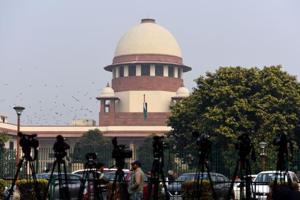
Updated on Apr 13, 2019 07:25 AM IST
Gautam Bhatia
Opinion | The Election Commission must come clean on the deletion of voters
The case – Srinivas Kodali vs Election Commission of India – is important because it does not simply call for remedying the deletion of voters from the rolls, but raises a far deeper issue pertaining to accountability in the electoral process: that of “algorithmic transparency”.
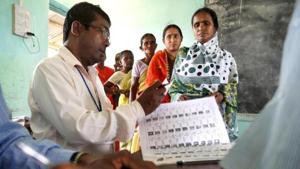
Updated on Apr 02, 2019 07:42 AM IST
Gautam Bhatia
The electoral bonds scheme is a threat to democracy
From a constitutional point of view, the scheme fails the tests of rationality and non-arbitrariness
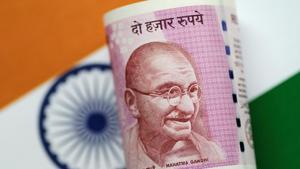
Updated on Mar 18, 2019 11:55 PM IST
Gautam Bhatia
The Aadhaar ordinance raises serious constitutional concerns
The Aadhaar amendments are also worrying because they attempt to directly overturn the Supreme Court’s September 2018 judgment on the constitutional validity of Aadhaar
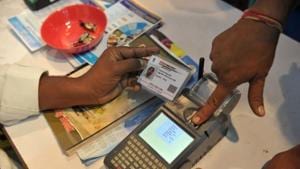
Updated on Mar 01, 2019 08:18 PM IST
Gautam Bhatia
The Supreme Court must avoid turning into the executive
When the body charged by the Constitution to protect our rights begins to act like the government that it is meant to protect us from, we should all start to worry.

Updated on Feb 26, 2019 07:39 AM IST
Gautam Bhatia
SC must not stifle commentary on sub-judice cases
The Indian Constitution does not authorise the judiciary to directly censor speech. Article 19(2) of the Constitution only allows for speech to be restricted through a “law” made by the “State
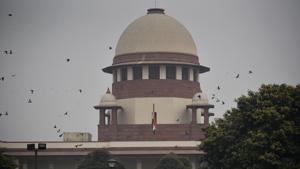
Updated on Feb 11, 2019 07:25 PM IST
Gautam Bhatia
Why the Supreme Court ruling on bar dancers is unsatisfactory
It lifted some of the most draconian restrictions on the basis that constitutional rights were being violated, but failed to take its own constitutional reasoning to its logical conclusion.

Updated on Feb 03, 2019 05:30 PM IST
Gautam Bhatia
Challenge the NDA’s citizenship bill
During the time of the framing of the Constitution, there was a strong debate about which concept of citizenship the new Indian State would commit to: citizenship based on a physical connection with the territory of the State, or citizenship based on ethnicity or other communal markers. After deliberation, the constitutional framers adopted the first approach.
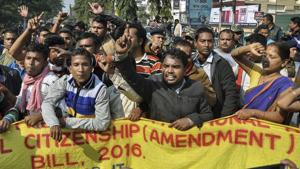
Updated on Jan 15, 2019 07:43 AM IST
Gautam Bhatia
The Rajya Sabha must amend the Transgender Persons Bill
It must amend the Trangender Bill in a manner that furthers the constitutional rights of dignity, autonomy, and equality
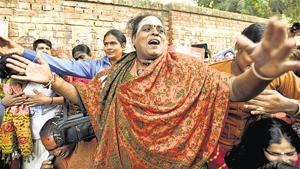
Updated on Jan 05, 2019 04:29 PM IST
Gautam Bhatia
It is time to rethink the death penalty
it is questionable whether a punishment based solely on retribution has any place in a society that prides itself on being civilised
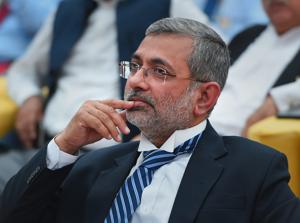
Updated on Dec 22, 2018 08:01 PM IST
Gautam Bhatia
Maternity leave is not a question of charity
The Uttarakhand High Court’s judgment has significance for how we think at the intersection of labour and gender equality

Published on Dec 06, 2018 12:49 PM IST
Gautam Bhatia
Matters of public interest must follow due process
To give a go-by to those processes in the name of “efficiency” or quick decision-making serves neither the cause of efficiency, nor the cause of truth

Updated on Nov 22, 2018 11:37 AM IST
Gautam Bhatia
In the Age of MeToo, why criminal defamation must go
Criminal defamation – set out under Section 499 of the Indian Penal Code – is an anachronistic, colonial-era legal provision, that has been historically used by powerful individuals, corporations, and governments, to silence and suppress inconvenient speech
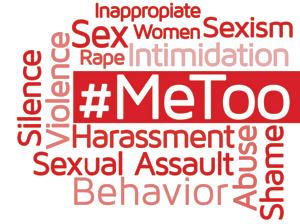
Updated on Nov 01, 2018 05:15 PM IST
Gautam Bhatia
Justice must be open, not opaque
The growth of the jurisprudence of the “sealed cover” – which effectively involves the Court in a secret dialogue with (in most cases) the State – is a disturbing trend. We all understand that in a democracy, there is a small set of acts that the State must undertake in secrecy: military strategy, correspondence involving negotiating positions in international trade talks, and diplomatic relations, all fall within this set.
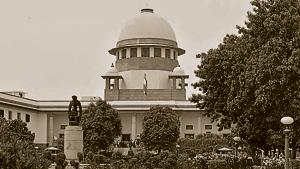
Updated on Oct 19, 2018 12:08 PM IST
Gautam Bhatia
Decriminalisation of adultery is the first of many steps
It serves as a launchpad for greater freedom, equality, and independence within what is commonly understood to be the private sphere
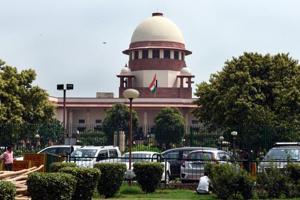
Updated on Sep 28, 2018 08:11 PM IST
Gautam Bhatia
How the blasphemy law could transform Punjab into a theocratic state
The Punjab government’s proposed Section 295AA is not only about violating individuals’ rights to freedom of speech and expression, but about the broader question about “the kind of democracy that we have proclaimed ourselves to be.”
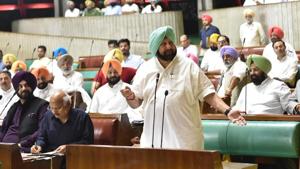
Published on Sep 21, 2018 05:54 PM IST
Gautam Bhatia
Sec 377 judgment: An atonement for a grievous error, but a gateway towards greater freedom
It acknowledged that in a society as diverse as ours, tolerance for different forms of life, and acceptance of different ways of being, are the warp and the weft of the fabric of our plural culture.
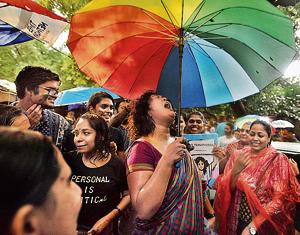
Updated on Sep 10, 2018 07:14 PM IST
Gautam Bhatia
India needs to acknowledge the gaps in data protection and rights of children
Children occupy a unique position within any legal framework. On the one hand, they are distinguished from adults by virtue of their vulnerability. On the other hand, there is a tendency on the part of lawmakers — and, indeed, society — to equate vulnerability with dependence, and completely efface children’s autonomy and decision-making capacities

Updated on Aug 10, 2018 08:27 PM IST
Gautam Bhatia
Sabarimala case: It’s not a struggle to defeat religious faith
The Sabarimala case provides the Supreme Court with a chance to bridge the gap between the constitutional ideals and our social reality.

Updated on Jul 23, 2018 06:59 PM IST
Gautam Bhatia
Preventive detention must be used judiciously
Dalit leader Azad’s year in jail without bail or a trial throws a sharp light upon the Indian Constitution’s original sin: a compromise made by the framers in 1950, which has haunted the polity ever since
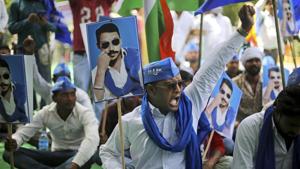
Updated on Jul 03, 2018 03:11 PM IST
Gautam Bhatia
Why the Supreme Court’s verdict after Karnataka polls is critical for India
In doing so, it further cemented a strong past record in preserving the democratic process, and set an important precedent for the future
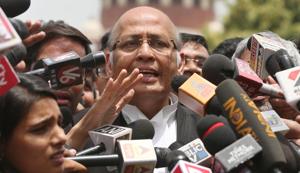
Updated on May 29, 2018 08:42 AM IST
Gautam Bhatia
The law on adultery is asymmetric
Section 497 of the IPC is clearly out of step with the founding ideals of the Indian Constitution, which —among other things — guarantee equality before law and non-discrimination on account of sex
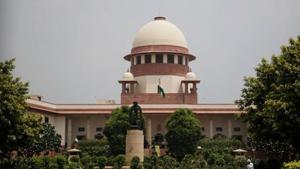
Published on May 17, 2018 03:33 PM IST
Gautam Bhatia
Supreme Court cannot take a Janus-faced approach to personal liberty
We need to have a debate about the correctness about the Supreme Court’s judgments in the Section 498A and SC/ST Act cases, and about the protection of the innocent from a criminal justice system that is often brutal, biased, and targeted against the most vulnerable in society
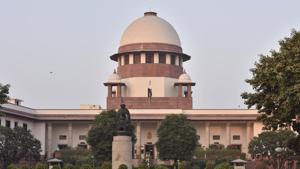
Published on Apr 25, 2018 11:48 AM IST
Gautam Bhatia
The arguments made against making marital rape a criminal offence are not valid
In striking down the marital rape exception, the court will not be creating a new crime, or trespassing into the domain of Parliament. It will be holding that an artificial immunity from criminal law, created by an 1860 law, can no longer survive constitutional scrutiny. And more importantly, it will be realising the promise of the privacy judgment – a further step towards individual dignity and autonomy.

Updated on Apr 02, 2018 12:18 PM IST
Gautam Bhatia
Indirect discrimination: Rules and laws are never really ‘neutral’
Indirect discrimination refers to a situation where a rule or a practice that is seemingly “neutral” or “colour-blind”, nonetheless has a disproportionately adverse impact upon a set or group of people

Published on Feb 23, 2018 12:08 PM IST
Gautam Bhatia
Why does a woman’s religious identity in India still depend on who she’s married to?
At the heart of the Goolrokh Gupta case are two issues: first, who decides religious faith; and second, whether an inter-faith marriage could deprive a woman of the right to continue practicing her old religion

Updated on Jan 18, 2018 02:23 PM IST
Gautam Bhatia
The Transgender Persons Bill sends out a message of subordination and exclusion
The bill makes the recognition of transgender identity conditional upon a certificate issued by a district magistrate and the recommendations of a “screening committee”. What if you had to come before a medical officer to prove that you were actually a man or a woman, before society recognised you as such?
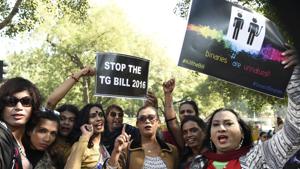
Updated on Dec 22, 2017 05:18 PM IST
Gautam Bhatia
Hadiya has the Constitutional right to make her own choices
To every adult citizen, the Constitution proclaims: “The State is not your keeper. Your family is not your keeper. You are free to make your choices, and yes – free also to make your mistakes.”
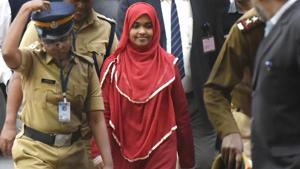
Updated on Nov 28, 2017 08:05 PM IST
Gautam Bhatia
Dissenting judgments ensure that the Constitution is a living, breathing document
We must celebrate the tradition of dissent that continues to flourish at the Supreme Court. A dissent is not only an “appeal to a future intelligence”, but a sign of what is possible: if one judge can be convinced today, then tomorrow, perhaps two, or three, or even four might be.

Updated on Nov 20, 2017 06:24 PM IST
Gautam Bhatia
Delhi can either go the industrial way or become a green city
With its patterns of over-expansion, Delhi can either go the industrial way or set an example by becoming a green city writes Gautam Bhatia

Updated on Aug 24, 2015 01:39 AM IST
Gautam Bhatia
- 4
- 5
- ...






